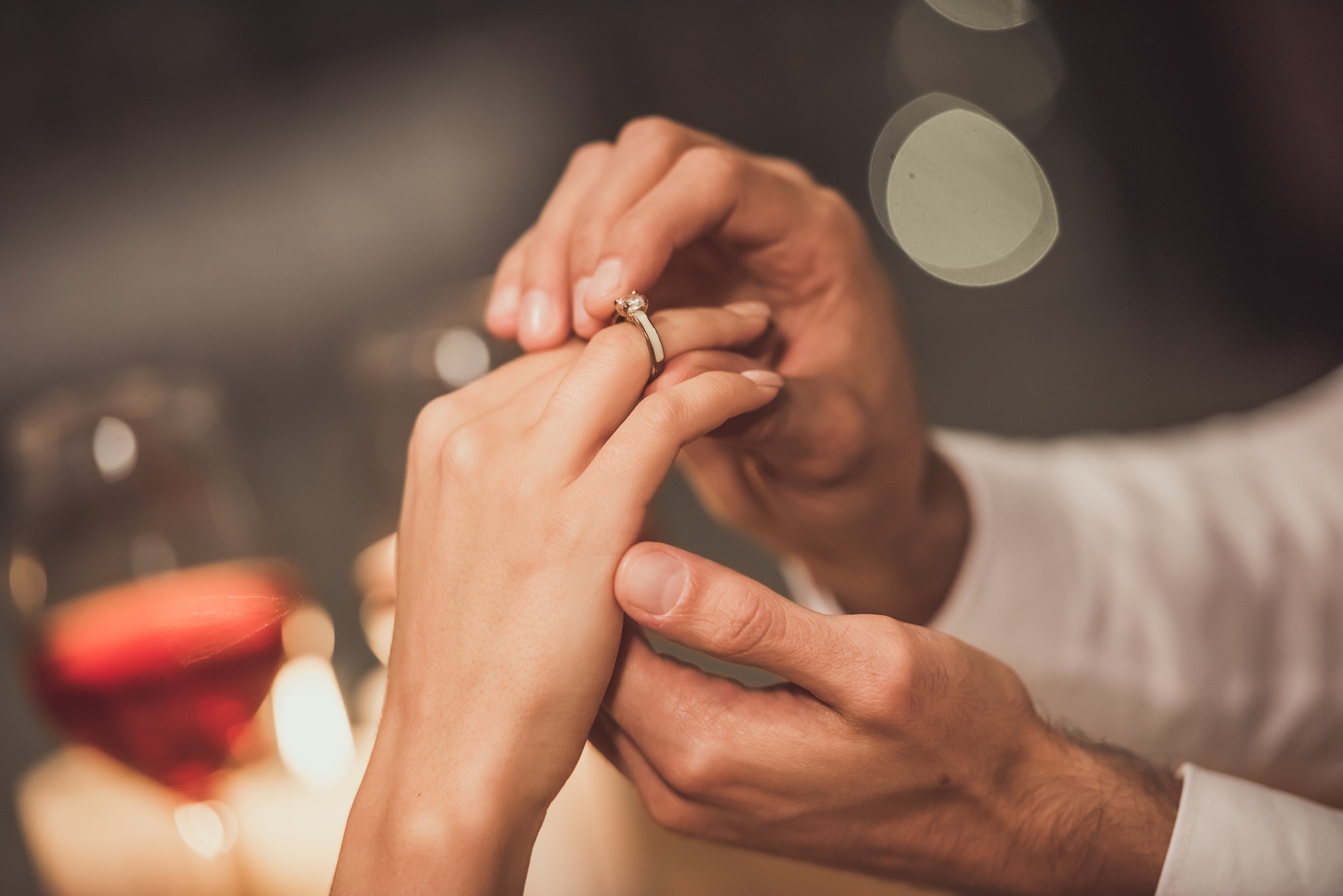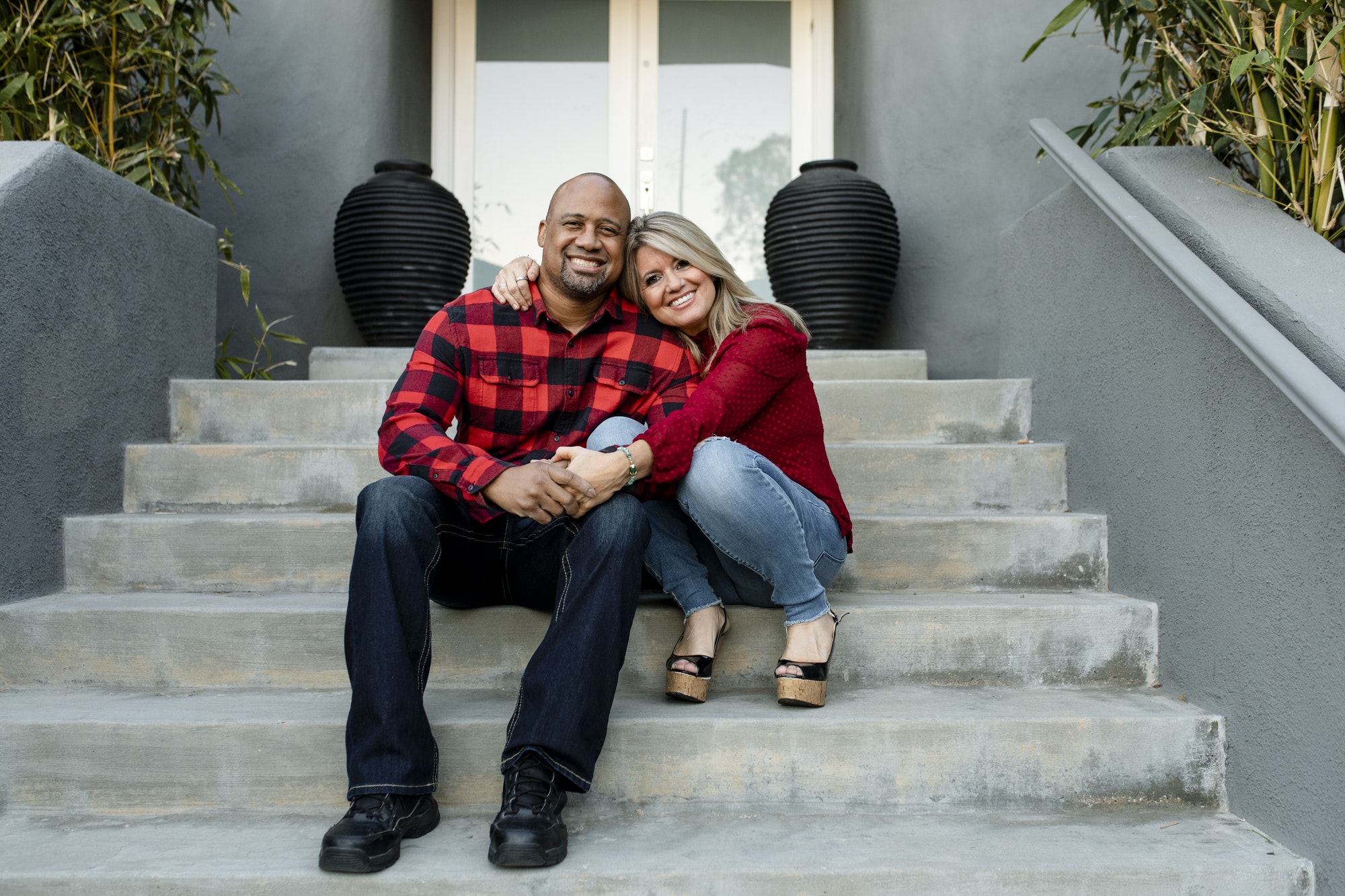

Emotional abuse is serious. Unfortunately, it is something that I see on a regular basis in my one on one coaching sessions with clients. Sometimes it slowly develops over time, and other times it is visible from the get-go.
The issue that I see most often is that people become so invested in the relationship that it becomes very hard to objectively analyze and diagnose the situation. Fortunately, many people have a gut feeling that something is wrong and like you, they decide to take a hard look at their relationship and find out what are the signs of emotional abuse.
On the other hand, there are so many people that continue to turn a blind eye to their intuition because they’re either emotionally addicted to this relationship and to their significant other, or they’d rather be in an emotionally abusive relationship than be alone.
In today’s article, I will be going over the biggest signs of emotional abuse so that you know what to be on the lookout for. If you recognize all of these signs, it is time to take a long hard look at your relationship and decide if this relationship and make some decisions.
In the second part of this article, I will share some solutions with you for turning a toxic relationship into a healthy one or moving on to something that brings more positivity to your life.
I was talking to one of my clients the other day who had come to me for help regarding her relationship. Jaqueline had been dating her man for about four years and the relationship started to feel toxic and emotionally abusive right around the two year mark.
She told me that the interesting thing was that she didn’t see it coming, and she didn’t feel it developing, until one day she sat down and realized, “I think my relationship is emotionally abusive.”
But she didn’t leave. I remember her asking me why she couldn’t seem to let go and move on, and how her relationship had become this way without her realizing the gravity of the situation earlier on.
When we get into serious relationships, we tend to invest everything we have in them, heart and soul. We become so invested that it can become dangerously hard to recognize signs of emotional abuse or toxicity.
It’s often much easier to ignore the problem and focus more on how much time, energy, love, and effort you’ve poured into this relationship with your significant other.
Interestingly enough, I’ve noticed that in some cases people recognize that the relationship is emotionally abusive, but they can’t seem to leave it.
For some people, this is blatantly obvious, but for others, it only becomes clear in hindsight. What I’ve come to understand after all these years as a love and relationship coach is that all of this is closely linked to adrenaline.
Yes, adrenaline! Let’s say a couple is emotionally abusive towards one another and fights erupt on a regular basis. When they make up, they experience a wave of emotions that make them feel alive and closer than ever. This sensation is often confused with passion.
Then when things are calm for a while, there is not enough adrenaline so one or both partners (often subconsciously) does something to spark conflict. It’s as though they crave the feeling that comes along with resolution so they act in a way that triggers conflict.
In other situations, it’s a power play that develops between two partners and signs of emotional abuse start to develop as time goes on. I’ve also worked with people who have found themselves in relationships that are emotionally abusive because it’s what they experienced growing up.
They are simply reproducing the way they saw their parents treating each other and because it feels familiar, they introduce it into their current relationship or gravitate towards people that behave in a destructive, yet familiar way.

As I was saying in the introduction to this article, there are many people that come to me for help in repairing an emotionally abusive relationship. Take Reina for example.
She was in an eight year relationship with a man that she called the “love of her life.” However, her relationship with him was extremely abusive emotionally.
As I asked for more details about their life together, I learned that “the love of her life” would verbally abuse her, gaslight her, and manipulate her into thinking that she was crazy. He would even tell her that she was worthless.
Despite the signs of emotional abuse and the way he treated her, she felt like she was glued to this relationship. So much so that her identity was rooted in his love for her and how he saw her. Whenever this man made her feel worthless, she was convinced that it was because she was, that she had nothing to offer and that she just wasn’t good enough.
When Reina first reached out to me for help, it was because she wanted to learn how to save her relationship. However, when she opened up to me about what was going on and shared the extent of the toxicity, I told her what I don’t like to tell my clients: that I was not going to be able to help her stay with this man.
Instead, we began working on how to leave a toxic relationship, and we were able to pave the way towards a much more fulfilling love life for her. I am happy to say that after spending some time on her own building herself back up, she has met someone that cherishes her. In her last email to me, she told me that she’s never been happier.
So my point here is that if you recognize the signs of an emotionally abusive relationship that I am about to go over, it is up to you to put your well being first and be prepared to make the necessary changes.
The truth is that the only thing more painful than leaving an emotionally abusive relationship is staying in one.
Emotional abuse is something that is often very hard to recognize because it plays on our own self-doubt. It makes us wonder if we’re being insecure or needy, if perhaps we aren’t good enough and we are in fact worthless, and if maybe we don’t deserve better. The longer it goes on for, the more it can wear a person’s self-esteem down and make it harder for them to exit an abusive relationship.
I would like to go over the biggest ones I’ve seen in my experience as a coach, but if you have doubts about whether or not your relationship is emotionally abusive, please don’t hesitate to reach out to us. We are here to help you every step of the way. If you would like to work with me or a member of my team, all you have to do is click here.
Let’s begin by looking at the most prominent emotional abuse signs.
When a person is in an emotionally abusive relationship, they will constantly be made to feel like they are in a position of lesser power. They always seem to lose the arguments, they always seem to feel like their partner is doing everything right, and they’ll feel like they always need to make up for something.
If you’re perpetually being made to feel less than by your significant other, you may be experiencing one of the biggest signs of emotional abuse.
Does your partner find a way to blame you for pretty much every single issue that your relationship faces, no matter how big or small? Is everything your fault? Does your significant other manage to completely negate or deflect anything that even remotely resembles blame?
This is another crucial element to keep in mind when you’re looking for emotional abuse signs. No one is perfect, but no one should be constantly blamed for everything that is bad in a relationship – especially when it’s not even their fault.
One of the most common themes that comes up when I’m talking about emotional abuse with a client is “gaslighting.” For those of you who are unfamiliar with this term, it refers to when a person manipulates you into questioning your own sanity and the way you perceive things. For example, they’ll negate the way you remember a certain situation despite the fact that you know you’re right.
It is also when they block you from explaining your point of view. For example, they might say, “Oh I’m not listening to your BS again” and cut the conversation short, leaving you feeling hurt and frustrated. Or your partner will trivialize something that clearly hurt you, making you wonder if you’re overreacting.
Gaslighting is serious and if you’re recognizing it in your relationship, you’re looking at a very abusive sign.
Constructive criticism is not a bad thing, but destructive criticism is. Your partner should not be breaking you down or insulting you. If they are, your relationship could be emotionally abusive.
Healthy relationships are those in which both partners build each other up in order to help them to become the best versions of themselves. The opposite does not work, even if your partner tells you that it’s “tough love.”
There’s a difference between tough love and toxicity.
What happens whenever you and your significant other bicker or fight? Does it get resolved in a peaceful, constructive way? Or does your partner constantly threaten to leave the relationship every time there is an argument?
Similarly, do you ever feel that your partner threatens your wellbeing, security or physical safety?
These are emotionally and physically abusive signs and it is crucial that you don’t turn a blind eye to them!
Does your partner have a tendency to defame your character to your friends and family members? Do they seem to paint you in a negative light to the people you care about, often right in front of you?
Again, partners should be building one another up; not breaking each other down. Some people have a self-effacing sense of humor, but there is a difference between poking fun from time to time and making someone feel terrible about themselves on a daily basis.
If you’ve read through this article and you’ve come to understand that your partner makes you feel less than, blames you for everything bad in the relationship, gaslights you, insults or constantly criticizes you, threatens you or speaks ill of you to the people around you, then it is time to think about how to move on.
I know that this can feel excruciatingly hard, especially if you’ve been with this person for a long time, but making changes now can set you up for long term happiness. If you’re ready to exit this relationship, I have a couple of suggestions that will facilitate the process.
First of all, make sure that you have a proper support group to fall back on. Let your close friends and family know that you’re planning on leaving your relationship and allow them to be there for you afterward. Surrounding yourself with the right people will make a big difference.
Then, as you begin to prepare I encourage you to practice what you’re going to say in the mirror. Keep your speech under 30 minutes because the longer you discuss, the easier it becomes to doubt your decision and change your mind.
You also have the option of writing a letter to your partner. This way, you can clearly express everything you want to convey without being interrupted. You can organize your thoughts and present them in a non-aggressive way. It’s easy to get overwhelmed in the moment if you’re speaking face to face, but a letter can help you to keep your cool and get your point across.
Again, we are here to help you every step of the way. For one on one guidance, join the Happily Committed Project and set yourself up for true happiness in your love life. We have also created a special product designed to help you move on from a relationship with dignity and peace of mind. To access it, all you have to do is click here.
I sincerely wish you all the very best,
Your coach when you’re looking for emotional abuse signs

No spam, notifications only about news, events and updates.

“How long before moving in together?” This is a question I’ve been asked time and time again throughout my coaching sessions, and it’s no surprise!

A long time ago, he made a mistake that hurt you deeply. Your relationship was rocked by infidelity, but you put in the work to

Is your man dragging his feet when it comes to popping the question? In your mind, your relationship has long been ready for marriage, but

During my time as a love and relationship expert here at Happily Committed, I’ve seen every kind of relationship you can imagine. Everyone who comes